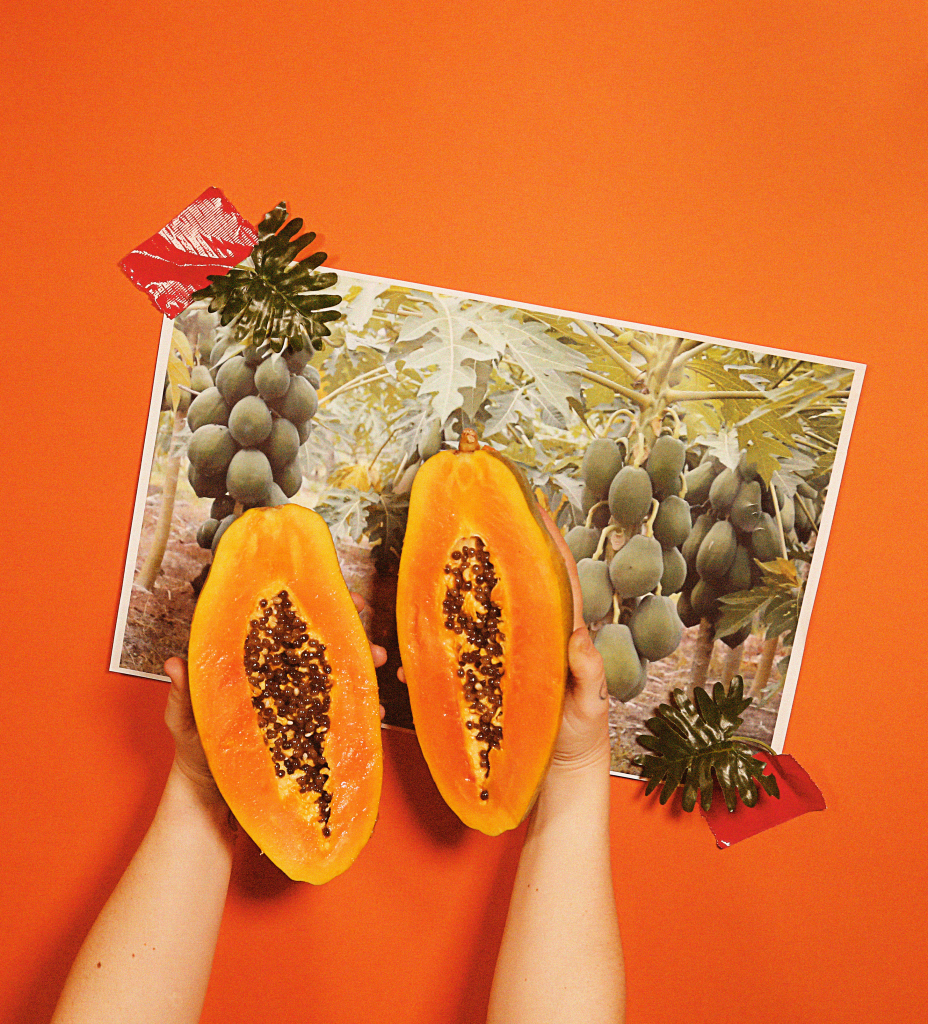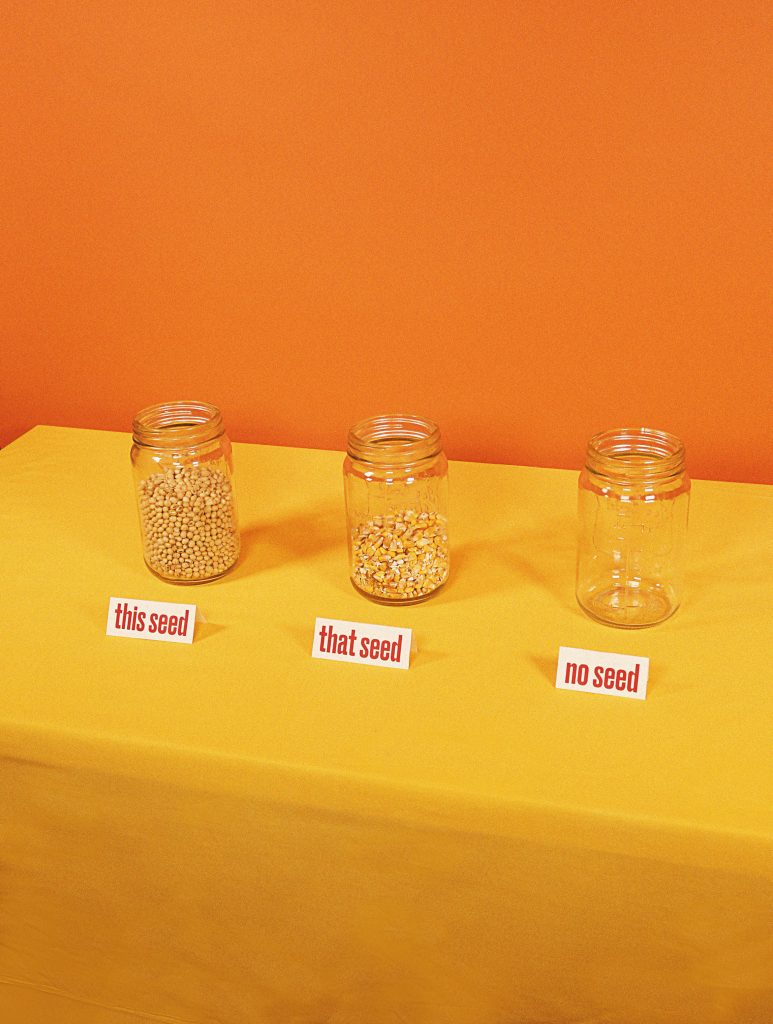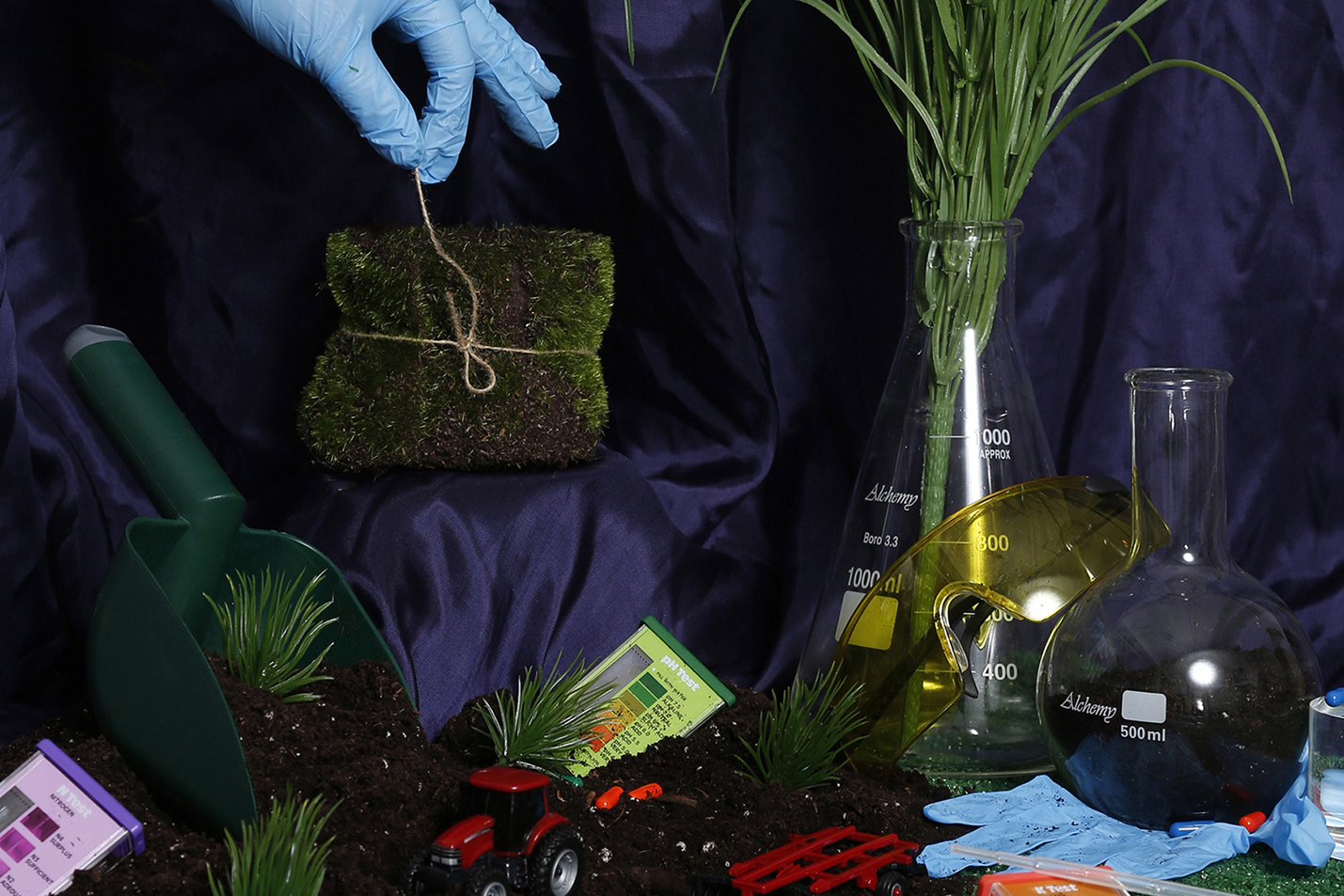Photo Stories
Grain Matter: Getting to know GMOs

GMOs often get a bad wrap. We wanted to investigate and get the facts for ya! We asked our friend Brianne over at Good in Every Grain, to help us debunk these 3 GMO myths.
Myth #1
GMOs are unsafe for consumption

Do GMOs have any effects on humans?
B: None are known. There are no reliable scientific reports or studies that show any harm to humans
What are the differences between GMO products and Non GMO?
B: GMO products are ones that have been made using GMO crops. A GMO crop has been genetically altered to have very specific and wanted traits in the DNA of the seed (like a natural resistance to certain disease or insects) thus allowing the plant to display the wanted trait. If a certain type of GMO corn for example is resistant to a harmful disease that will kill the seed before it grows into a plant, farmers wont need to spray to protect their crops from that disease threat as the plant is already protected. NON GMO products are ones that have been made without the use of GMO crops- without the use of selected/wanted traits inputted into the seeds. Also, there is no nutritional difference between eating a NON GMO product versus a GMO product

Where did this myth come from?
B: In the 90s biotech crops were being used more regularly and people were uneducated about it. At the same time the organics and NON GMO market started to heat up and there was a lot of misinformation spread. It is almost a result of the fear-mongering marketing that we have seen at the base of movements like the anti-vaccinations, or flat earth.
Myth #2
GMOs are bad for the environment

Are they good for the environment?
B: Yes. Farming with modern GMOs usually means less pesticides are used, less tilling (less emissions, less erosion, less fuel used), and farms increase their yields
How do they allow farmers to be sustainable?
B: One, it allows the farm to exist at all in some cases – like the papaya in Hawaii. Without genetically altering the Papaya, a disease was going to wipe all of the trees out. Creating a disease resistant papaya saved that fruit and the Hawaiian papaya industry (HUGE!). Two – using GMO crops allows farmers to more easily adopt no-till farming, which means less equipment and fuel, less tillage (helps with carbon emissions). Increasing the yield of farms is also what will save farms. To protect the land and keep the farm operating, farmers have to find new ways to increase yields and find new markets to sell crops.

Myth #3
GMOs aren’t optional
What are other options (outside of GMOs) do farmers have?
B: Farmers can purchase whatever seed they want. They need to assess the soil, the climate, the trends in disease and pest, the market for crops; and plant sustainably and with an eye on being successful enough to continue farming. If they choose to plant NON GMO seeds they will just need to adjust how they will care for that crop as it may be susceptible to diseases and insect wipeouts- they may need to spray more pesticides to protect their crop for example.
How does the usage of GMOs produce healthy crops?
B: GMO crops are often disease-resistant and require less herbicides, not more. For example, there is a case of a banana virus that was affecting certain areas of Africa and scientists were able to take a resistant gene out of a red pepper and modify the banana with it to resist the disease. Farmers are losing their farms over this blight and had to fight government to be allowed to use this modified banana at all. For Ontario grains, only corn and soybeans are GMO crops, and these have naturally occurring resistances in their DNA to protects against threats like diseases and insects, thus reducing the need to spray pesticides! GMO crops will actually help the organic industry thrive and less synthetic pesticides would be needed to protect the crops.




































